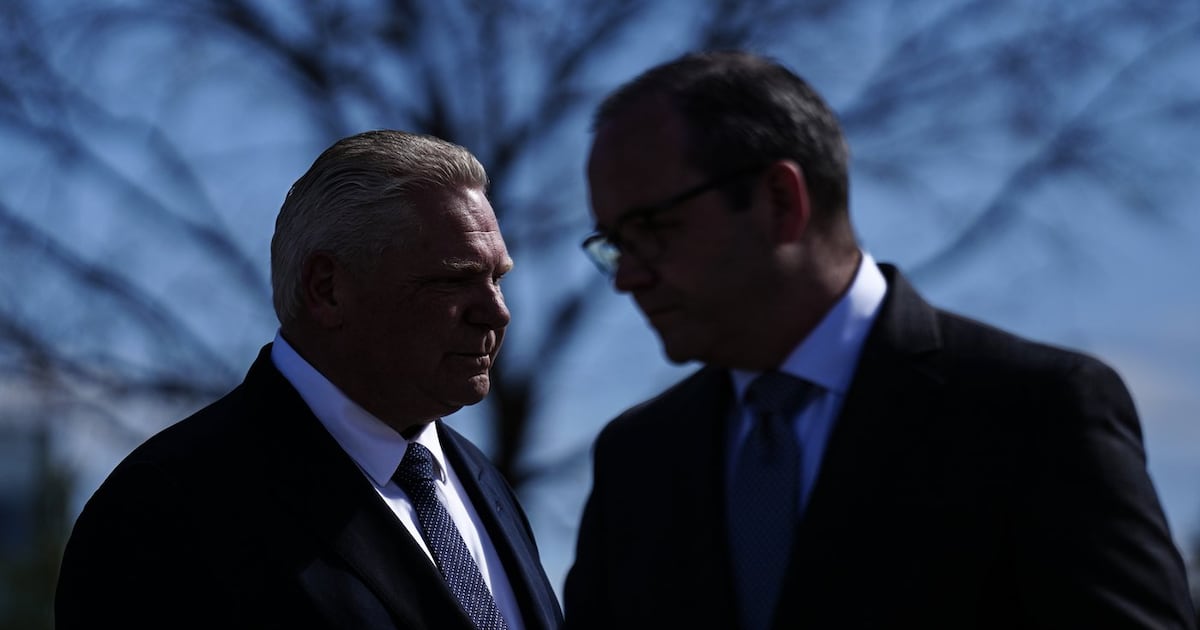TORONTO — Ontario’s attorney general is proposing to get rid of fixed election dates in the province, in a set of reforms that would also see the limit for political donations raised to $5,000 and make public funding for political parties permanent.
Doug Downey said the province intends to do away with what he calls “American-style” fixed election dates.
“The proposed reforms will return Ontario to an electoral process that served our province well for nearly a century and a half, prior to the imposition of American-style fixed election dates,” he wrote in a statement Monday.
“With these reforms, governments will be better positioned to respond to changing circumstances and external threats, including by seeking a fresh mandate from the people of Ontario when it’s needed.”
Under the fixed date rules, enacted about 20 years ago by then-premier Dalton McGuinty, the next provincial vote would have taken place in 2029.
But even with elections on the calendar four years apart, governments were free to call elections sooner, as Premier Doug Ford did earlier this year when he triggered a vote in February — earlier than the June fixed date — by saying he needed a new mandate to deal with U.S. President Donald Trump’s tariff threats.
There would still be a constitutional maximum of five years between elections.
The upcoming legislative changes would also increase the annual amount a person can donate to a political party from $3,400 to $5,000 starting next year and would tie future increases to the rate of inflation.
As well, the legislation would make a quarterly per-vote subsidy to political parties permanent, after the Progressive Conservative government passed a law shortly before this year’s election call to extend it temporarily until 2027.
The former Liberal government of Kathleen Wynne introduced per-vote subsidies as a way to offset a loss of corporate and union donations, which it banned as well as lowered individual limits amid a cash-for-access scandal.
Keeping the per-vote subsidy ensures “a balance of public and private spending in elections,” Downey wrote.
The subsidy gives the parties $2.54 per vote annually. Based on the 2025 election results, the Progressive Conservatives would get $5.5 million, the Liberals would get $3.8 million, the NDP would get $2.4 million, and the Greens would get about $616,000.
This report by The Canadian Press was first published Oct. 27, 2025.
Allison Jones, The Canadian Press

